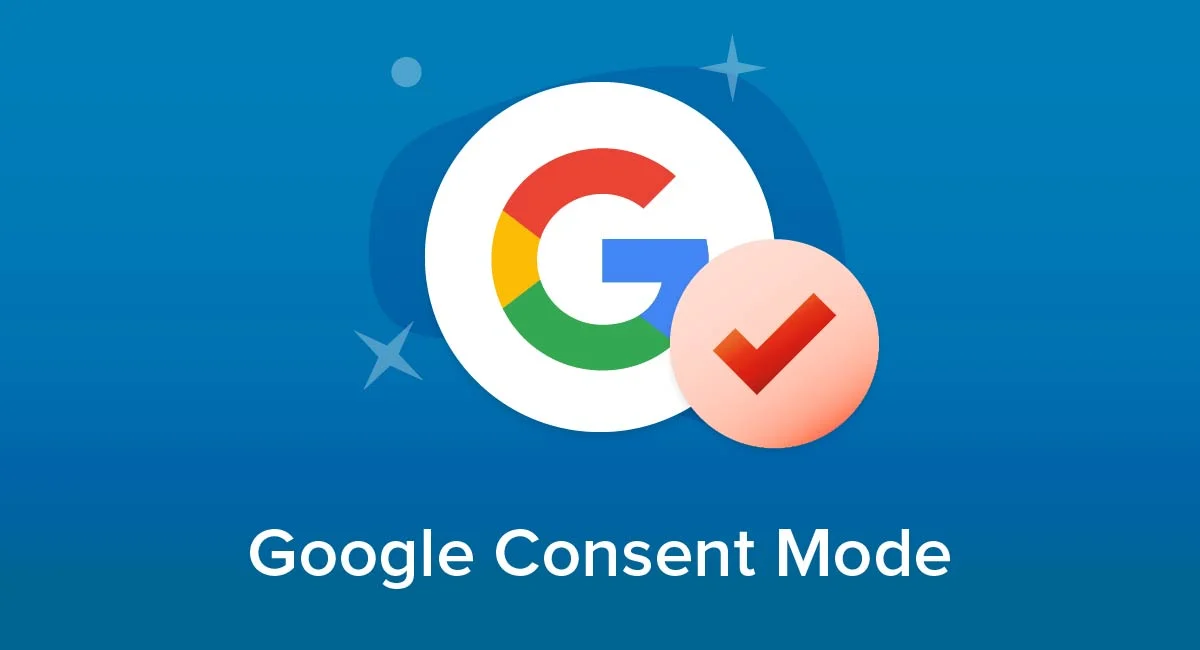
February 24th
|
By Juan Merodio
In today’s digital environment, user privacy and consent have become cornerstones of online data management. With the introduction of Google Consent Mode version 2 (V2), which will be mandatory to implement before March 1, 2024, websites and online stores face new challenges and opportunities. This article explores the crucial aspects of Google Consent Mode V2, its impact on data collection and conversion analysis, and how you can prepare for this transition.

The Mandatory nature of Google Consent Mode V2
It emerges as an adaptive solution to the disappearance of third-party cookies, marking a milestone in the way in which websites and applications collect the consent of their users. This new framework not only facilitates the transmission of signals between Google tools and cookie banners, but also aligns with strict data protection regulations, such as the GDPR in Europe.
Impact on Data Collection and Web Conversions
The implementation of Google Consent Mode V2 allows websites to capture valuable data to analyze web conversions, even in contexts where data protection restrictions are more severe. By using Google-certified consent management platforms (CMPs), sites can ensure that data collection for advertising campaigns relies solely on user consent, optimizing efficiency in conversion measurement.
Preparing for the Transition
It requires technological and legal adaptation on the part of the websites. To facilitate this process, free online workshops are offered where interested parties can learn about implementing this new consent mode, choosing the appropriate CMP, and how to maximize the recovery of lost conversions. This educational approach not only meets legal requirements but also significantly improves digital marketing strategy.
SEO y Google Consent Mode V2
From an SEO perspective, implementing Google Consent Mode V2 is essential. By ensuring consent management complies with current legislation and optimizing data collection for analysis, websites can improve their ranking on Google. The correct implementation of this framework ensures a respectful and transparent user experience, factors increasingly valued by search algorithms.
Conclusion
Mandating by March 1, 2024 represents a significant challenge, but also an opportunity to improve consent management and data collection in the digital environment. By adopting this update, websites will not only comply with data protection regulations but will also boost their marketing and SEO strategies. Preparation for this transition is key, and participation in free online workshops can offer the guidance needed for a successful implementation.
Getting involved in this change is essential to ensure the continuity and success of your online presence in a digital world that increasingly values privacy and informed user consent.
We have a workshop to go much deeper, you can see it at the following link:
Implement Google Consent Mode v2 before March 1
Juan Merodio
Juan Merodio is an expert in Digital Marketing and Popularizer of the New Economy (Web3, Blockchain, NFTs…). He has founded the company that bears his own name, Juan Merodio, and from where he and his team coordinate and develop business consulting in Marketing and Digital Transformation for companies in different parts of the world such as Spain, Latin America, Japan, Canada and the United States.
Compartment >>
Source: https://www.juanmerodio.com/google-consent-mode-v2/


